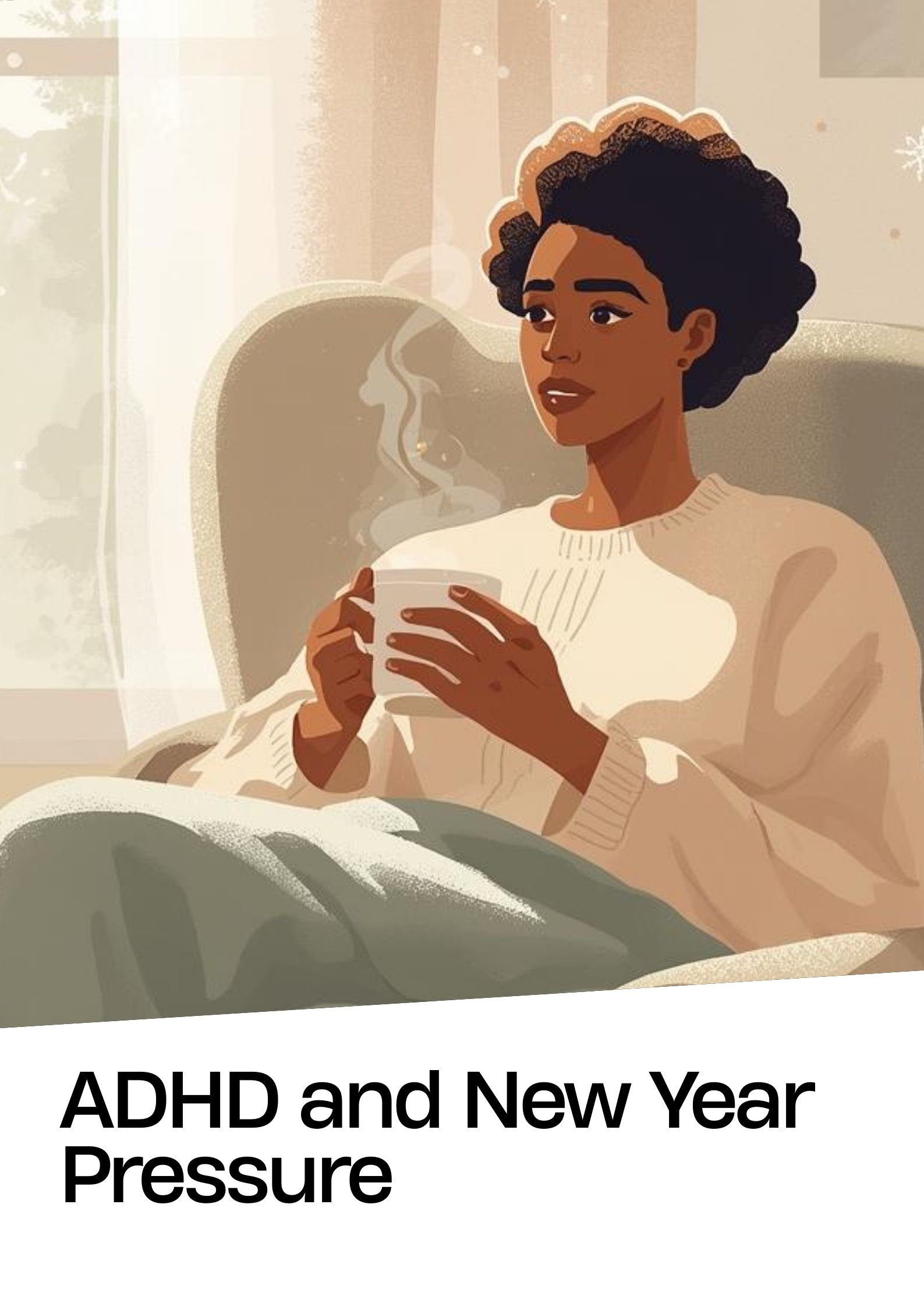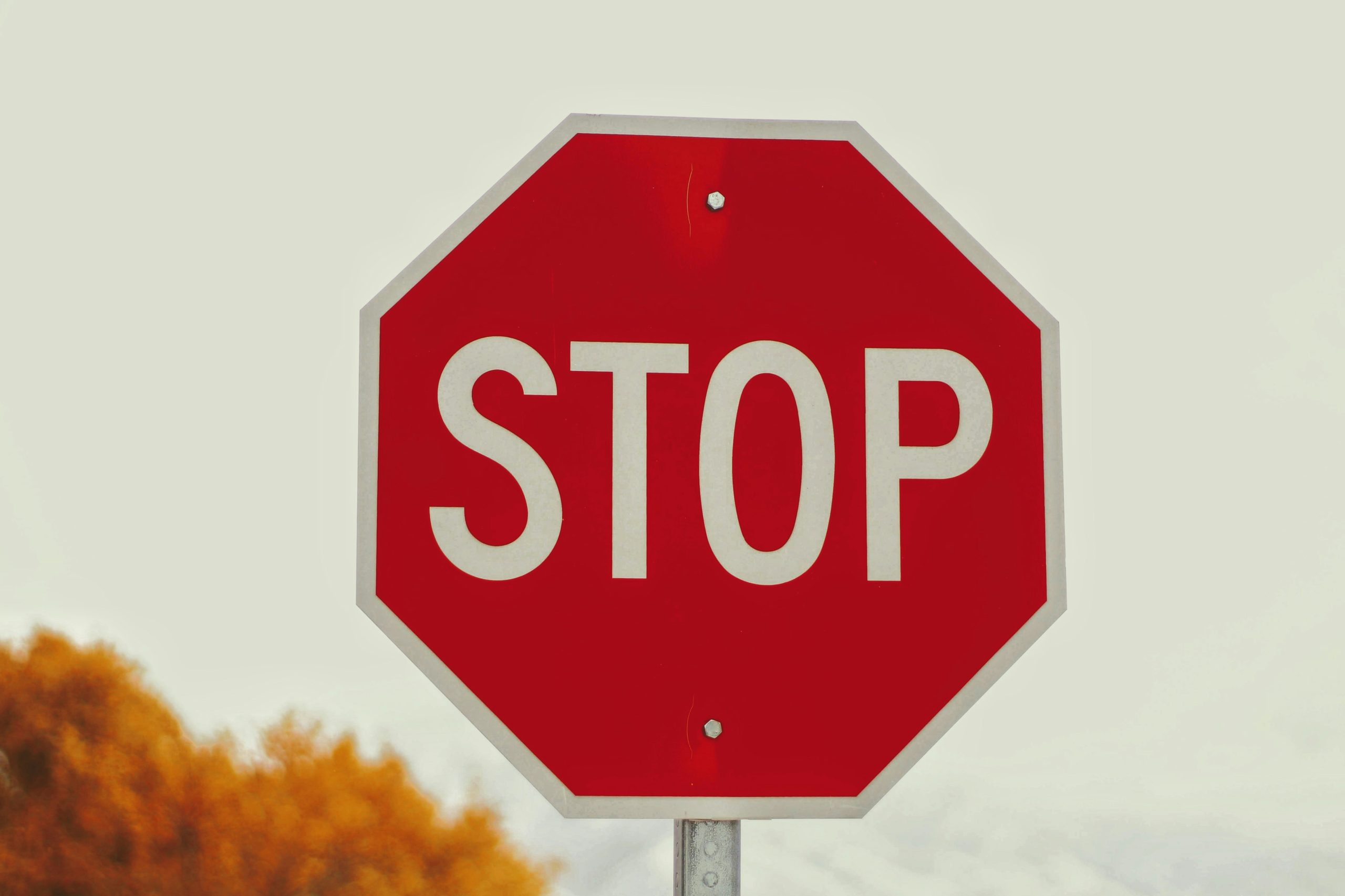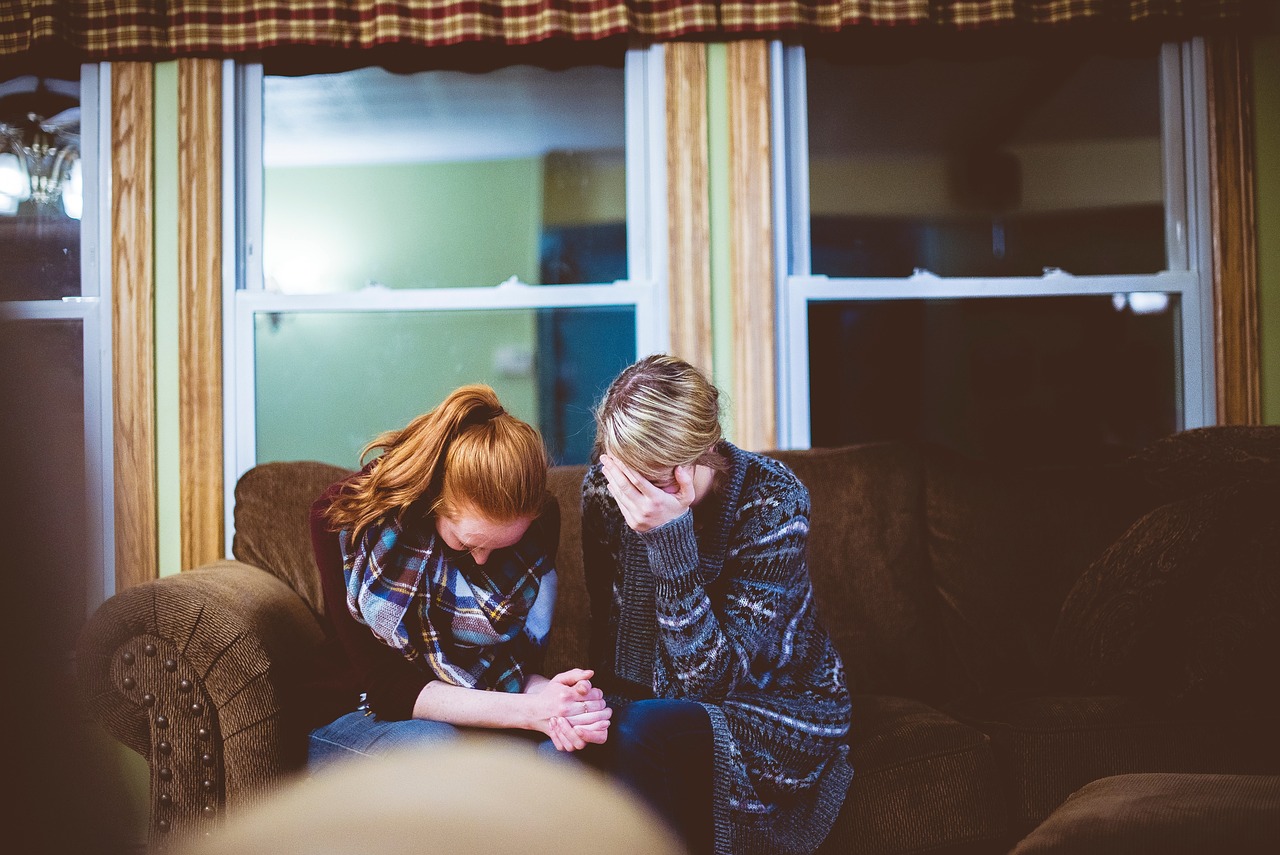Book Now
Menu
Hi, my name is Robert, and I wear a few different hats in life. I'm a professional therapist, which means I’ve spent countless hours learning about the intricacies of the human mind. I’m also a parent, a role that has taught me more about love, patience, and the wonders of 3 AM wake-up calls than any psychology textbook ever could. But there’s another crucial part of my identity—I live with Attention-Deficit/Hyperactivity Disorder (ADHD).
You might be wondering how I came to be diagnosed with ADHD, and how this has impacted my journey both as a parent and a professional. Well, it all started when my wonderful, creative, and ceaselessly energetic child was diagnosed with ADHD. That diagnosis felt like we were suddenly plunged into an ocean of unfamiliar waters. As we began to learn more about ADHD in children, including how it manifests and how best to support her, I started to notice something—those descriptions, the struggles, and the unique quirks were strikingly familiar. Not just because I saw them in my child, but because I saw them in myself.
It was as if a light bulb had switched on. All those moments when I struggled to keep track of time, the endless sticky notes on my computer with half-formed ideas, my uncanny ability to misplace my keys (one time, I lost my truck keys for two years—they didn’t show up until we moved)... everything started to make sense. This realization led me down the path of self-discovery and ultimately to my own diagnosis of ADHD.
So, whether you’re here because your child was recently diagnosed with ADHD, or you’re beginning to see similarities in your own behavior, or perhaps you’re just seeking some understanding—welcome. Diagnosing ADHD in children is not just about labeling; it’s about understanding, adapting, and supporting. ADHD is a neurodevelopmental disorder characterized by persistent patterns of inattention, impulsivity, and hyperactivity that interfere with functioning or development.
Inattention in ADHD might look like having trouble staying focused on tasks, easily getting sidetracked, or being forgetful in daily activities. Impulsivity could involve acting without thinking, interrupting others while they're talking, or having difficulty waiting for one's turn. And hyperactivity? Well, that's like having an internal energizer bunny that never runs out of steam. It could manifest as excessive fidgeting, difficulty sitting still, or talking incessantly.
Diagnosing ADHD often involves a comprehensive evaluation by a healthcare provider, such as a psychologist, psychiatrist, or nurse practitioner. For children, this usually includes input from parents, teachers, and other adults who interact with the child regularly. For adults, the process can involve an in-depth interview and sometimes questionnaires or rating scales. During my assessment, the psychologist confirmed my suspicions that I had ADHD, a realization that was both overwhelming and liberating.
Here’s something crucial to understand: ADHD often runs in families. Research indicates a very strong genetic component to ADHD. This means that if your child has been diagnosed with ADHD, there’s a high likelihood that another family member also has ADHD. When I recognized my own ADHD traits in my child’s diagnosis, it was like finding a missing puzzle piece. This discovery was a stepping stone, not only towards my own diagnosis but also in becoming a more supportive parent.
As a therapist, I often remind my clients that a diagnosis of ADHD isn't a limitation; it’s a starting point for understanding, acceptance, and growth. If you’re navigating the diagnosis of ADHD in children, know that you’re not alone, and there are resources available to support you and your family.
Living with ADHD can feel like you're on a never-ending roller coaster. Before my diagnosis, I was constantly frustrated with myself. Focusing on a single task felt like trying to catch a fish with my bare hands. After my diagnosis, things started to make sense. I began to understand why I could hyperfocus on engaging tasks yet struggled with mundane ones. My ADHD brain was simply seeking stimulation and novelty.
But living with ADHD isn't just about the struggles. It’s also about the strengths. My ADHD allows me to think outside the box, come up with creative solutions, and connect with people on a deep, empathetic level—qualities that have been instrumental in my work as a therapist. When it comes to parenting, my journey has been filled with challenges and moments of profound connection with my child. Understanding my own ADHD has helped me empathize with my child’s struggles and celebrate her victories more deeply.
Parenting a child with ADHD can sometimes feel like that roller coaster is moving at warp speed. One of the first things I learned is the importance of structure and routine. A consistent routine can provide a sense of security and predictability. For my child, knowing what to expect next reduces anxiety and helps her transition between activities more smoothly.
Another helpful strategy is turning tasks into games. For example, to get my child involved in making lunch, we pretend she’s the chef and I’m the sous chef. It’s a fun and engaging way to complete tasks together.
Positive reinforcement is also key. Children with ADHD often receive corrective feedback, which can be disheartening. Praising their efforts and celebrating successes, no matter how small, can boost their confidence and motivation. Advocating for your child in school is another critical aspect. Building a good relationship with teachers and proactively discussing accommodations can make a significant difference in your child’s school experience.
And remember, as a parent, it’s crucial to take care of your own mental and emotional health. Self-care isn’t selfish; it’s necessary. For me, it’s working out in the morning or losing myself in a good book. Find what replenishes you and make time for it.
If you’ve noticed some similarities in your behavior and your child’s, you might be wondering whether you also have ADHD. Receiving an ADHD diagnosis as an adult can stir up a lot of emotions, but it’s never too late to learn more about yourself. Understanding your own ADHD can have a profound impact on your life and your relationships.
An ADHD diagnosis can also transform your parental relationships and dynamics. Understanding my own ADHD helped me better understand my child. We now share a connection that brings us even closer, helping us navigate the challenges of ADHD together.
Diagnosing ADHD in children is just the beginning. It’s an invitation to understand, adapt, and build an environment where your child’s unique strengths can shine. If you’re exploring your own ADHD, know that this journey of self-discovery can be transformative. ADHD is not a flaw; it’s a different way of being, with its own challenges and gifts. As parents, we have the privilege of supporting our children in embracing their ADHD, turning challenges into opportunities, and blossoming into the unique individuals they are meant to be.
As we move forward, let’s remember that ADHD is not a limitation. It’s a different way of being, with its own challenges and gifts. Embrace the journey, and know that you’re not alone. Together, we can navigate this rollercoaster ride with courage, resilience, and a whole lot of heart.
For more insights on ADHD and mental health, you can check out our blog on Discovering and Navigating ADHD in Adulthood or learn more about ADHD diagnosis and treatment options. If you’re interested in exploring ADHD further, this article on adult ADHD might offer additional perspectives.
Here's to the road ahead, full of possibilities for you and your child.



